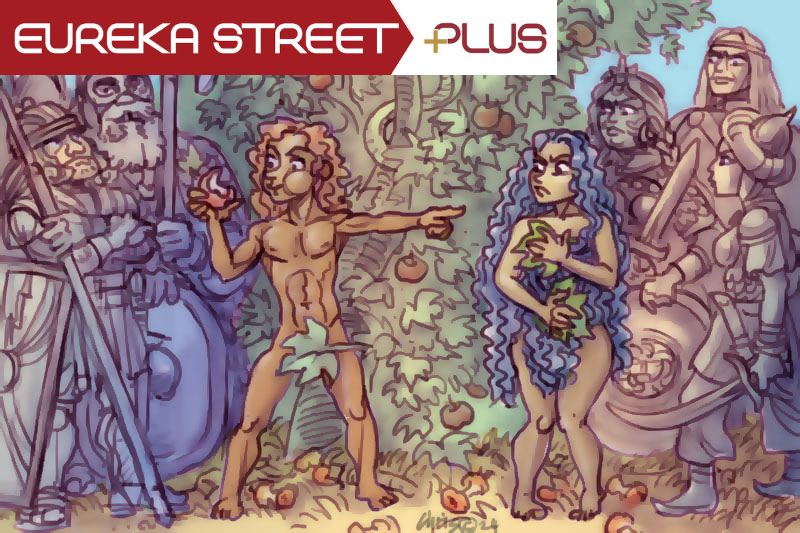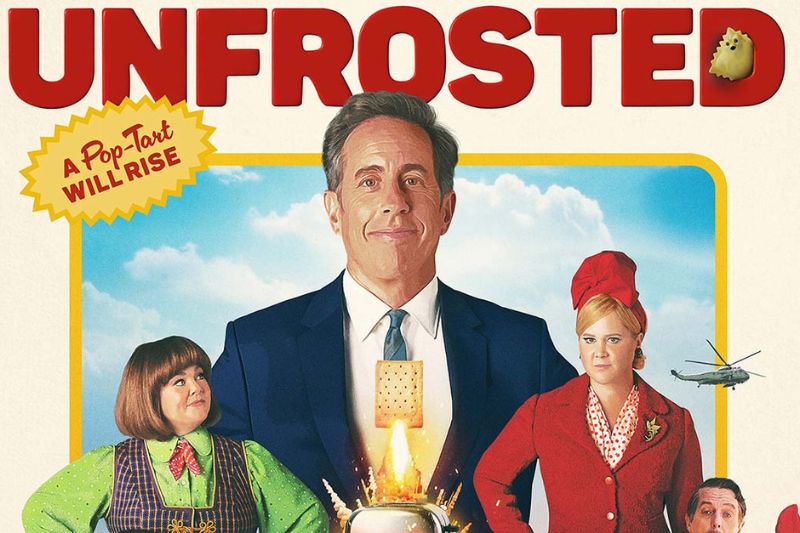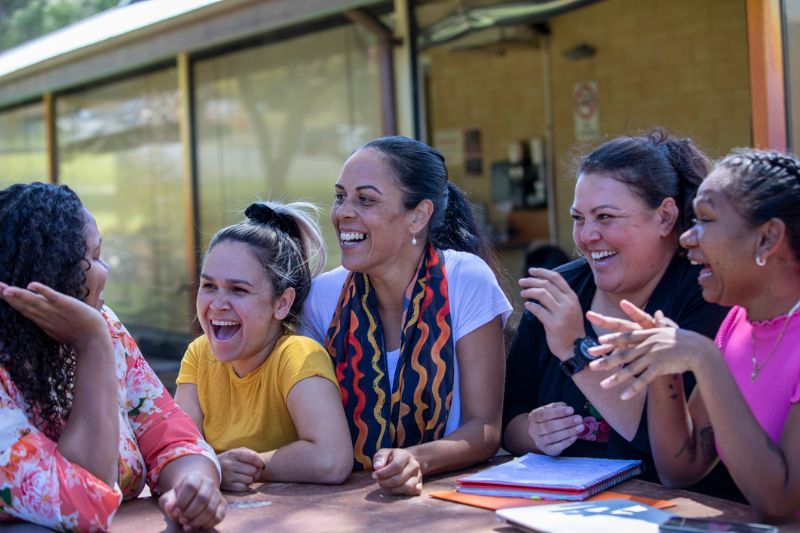Keywords: Lent
There are more than 200 results, only the first 200 are displayed here.
-

AUSTRALIA
- Juliette Hughes
- 12 July 2024
Are women truly the villains that modern crime dramas portray them to be? Despite the sensationalised 'evil woman' trope, real-life statistics tell a different story. It’s a cruel irony that the way to really victimise a woman is to tell her that she is the perp when she really is overwhelmingly more likely to be the victim of violent crime.
READ MORE 
-

ECONOMICS
Early every month Australians with big mortgages anxiously wait to find out if the Reserve Bank will raise interest rates and put more pressure on their domestic budgets. It is a bit like waiting for pronouncements from the modern day equivalent of the Delphic oracle.
READ MORE
-

ARTS AND CULTURE
- Gillian Bouras
- 24 May 2024
What's the appeal in Australian noir crime fiction? The genre has always been popular in Australia, and Australian writers of crime fiction have always had plenty of material to draw on. Led by authors like Garry Disher and Jane Harper, it has experienced something of a renaissance during the last decade.
READ MORE 
-

ARTS AND CULTURE
- David Halliday
- 14 May 2024
Jerry Seinfeld makes his directorial debut Unfrosted, a gleefully silly family comedy about the invention of the Pop-Tart. But the problem with this film is whether the sheer weight of comedic talent involved translates to actual laughs. Packed with countless cereal-based gags, it raises the question: Are disposable, pointless things worth anything?
READ MORE
-

AUSTRALIA
- Andrew Hamilton
- 02 May 2024
To identify children as terrorists is a distraction from considering the broader social and psychological contexts that made this violent ideology seem reasonable. The larger task in investigating how they became exposed to that violent ideology, how they were attracted to it, and how they can be drawn away from it.
READ MORE
-

AUSTRALIA
- Andrew Hamilton
- 27 March 2024
Love is a much-used word, and, like domestic cutlery, it tends to lose its shine. Its boundaries then shrink to the average rather than to the inspiring. For that reason we need stories that stretch the ceiling of love beyond anything we could imagine. Not because we think that we could reach such far places, but because it enlarges the horizon of our lives.
READ MORE
-

AUSTRALIA
- Andrew Hamilton
- 19 March 2024
Recognition is not simply an acceptance of facts. It involves also entering the experience of the people affected. Reconciliation must begin with truth telling, flow into empathy, and be followed by a conversation aimed at building decent relationships.
READ MORE
-

AUSTRALIA
- Andrew Hamilton
- 13 March 2024
In the face of developments where the commons are intruded upon for private profit and economic efficiency, we need to treasure such unfashionable concepts as the commonwealth, the common good and the houses of commons – the places for deliberation and decision where what is in the common interest is given priority over the benefit of the few.
READ MORE
-

AUSTRALIA
- Andrew Hamilton
- 07 March 2024
Generosity is most heartwarming when it is a habit. We see it in people whose first inclination is to give something to a beggar, to stop and listen to a hard luck story, to think first of persons affected by war and economic crises and only secondly to policy, to welcome people into their homes and to go out of their way to help.
READ MORE
-

AUSTRALIA
- Andrew Hamilton
- 29 February 2024
In our more routine lives, most of us have people and groups whom we ignore, we instinctively look down on and we keep away from and people whose beliefs we scorn. We need to be attentive to the people who are commonly regarded as second-class citizens.
READ MORE
-

AUSTRALIA
- Andrew Hamilton
- 20 February 2024
In an individualistic culture, Lent could be seen as an individual practice of self-betterment. Historically, however, it was a communal activity designed to make the community more attentive and aware of those around them and of their world.
READ MORE
-

AUSTRALIA
- Gillian Bouras
- 15 February 2024
6 Comments
Tolstoy once wrote that exile is a long dream of home, but the dreaming does not persist forever, so that you eventually wake to the knowledge that home exists only in your head and in your memory. Welcome home, various people have been saying, but my silent question is Where is it?
READ MORE